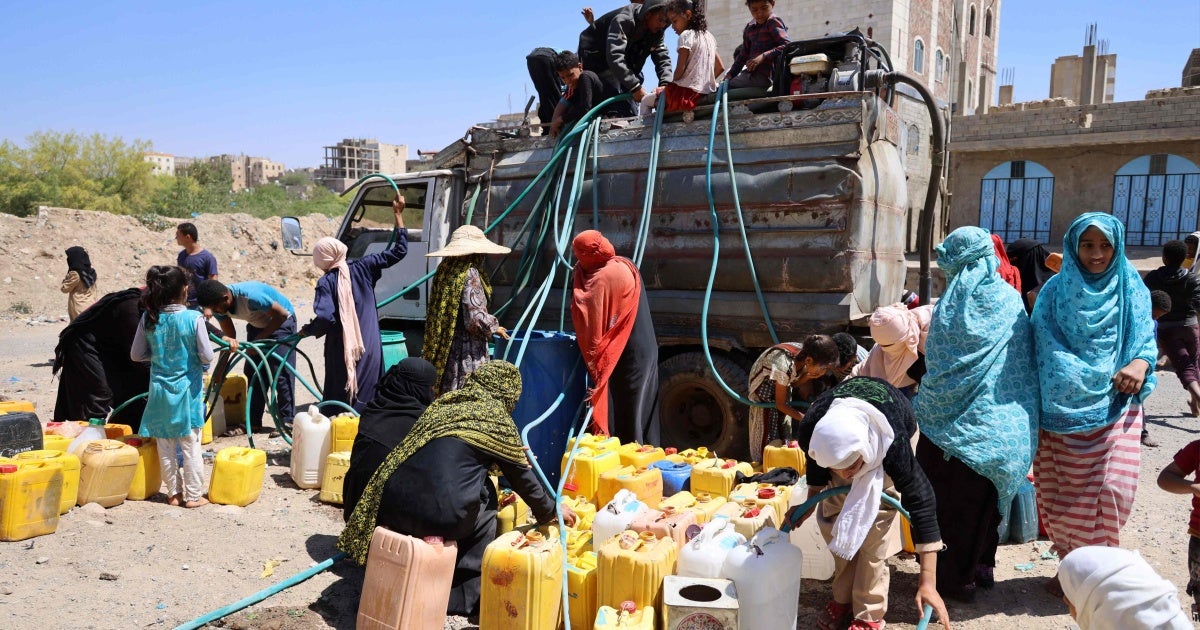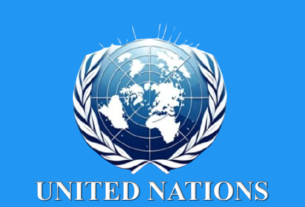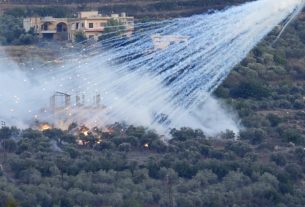Yemen’s Houthis are making headlines as they launch missile strikes against civilian ships and crews in the Red Sea, which may amount to war crimes, which they say they will continue to do until Israel lifts its unlawful blockade of Gaza. But less attention is paid to how Houthis block water from reaching civilians in Taizz, the third-largest city in Yemen.
Yemen is one of the most water-scarce countries in the world. The UN has found that 15.3 million Yemenis, more than half the population, do not have access to sufficient, safe, and acceptable water, including for drinking, cooking, and sanitation.
In Taizz governorate, which is divided between Houthi and government control, the situation is particularly dire. In 2015, the Houthis entered Taizz governate and surrounded its capital, Taizz city. Today, the city remains under Yemeni government control and is also under siege by the Houthis.
As Human Rights Watch has documented, four out of five of Taizz’s water basins are under Houthi control or on the frontlines of the conflict, making them ultimately inaccessible to the Taizz residents. The Houthis control two of the basins, and they have stopped water from flowing into government-controlled Taizz city, although they know the city’s residents rely on this water.
The Houthis are also blocking and restricting access to water as part of their siege on the city, impeding the entry of water trucks, which people in Taizz who are not connected to the public water network have long relied on.
Without lifting their own blockade of the civilian population on Taizz, Houthis’ claims of demonstrating their moral stance against Israel’s blockade of Gaza—which has put Palestinian civilians at grave risk and is a war crime —is a hollow one while they unlawfully besiege Yemen’s third largest city. Military forces, whether the Houthis or the Israeli army, are violating the laws of war when they are restricting water and other essential services from entire civilian populations. They should both immediately end their unlawful obstruction of the entry of water, food, and humanitarian aid into Taizz and the Gaza strip, respectively. And other governments should be criticizing all such unlawful blockades, whoever is responsible.



